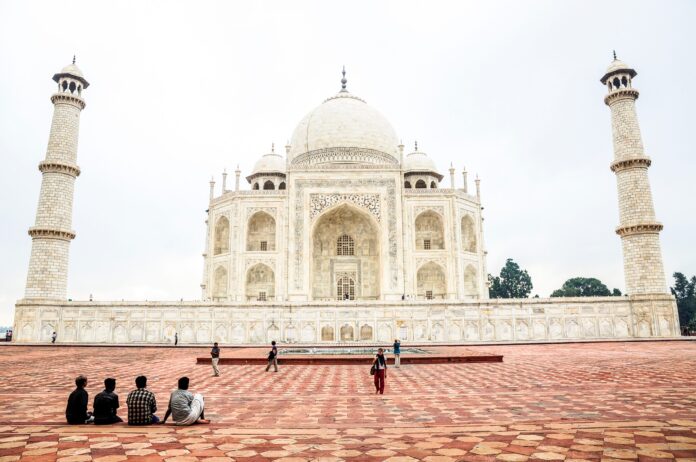India saw the addition of 4,442 new 5G base transceiver stations (BTS) in March 2025, possibly influenced by Vodafone Idea’s recent 5G launch
In sum – what you need to know:
Vodafone Idea joins the 5G race – India added 4,442 new 5G base stations in March 2025, almost doubling February’s figure. This growth is partly attributed to Vodafone Idea’s commercial 5G launch in Mumbai.
Delayed entry, modern tech – Vodafone Idea leveraged its late arrival to deploy newer, cost-efficient network infrastructure.
5G reaches critical mass – India’s total 5G base stations have crossed 474,000, and active 5G users have surpassed 250 million. Coverage now spans 99.6% of districts.
India saw the addition of 4,442 new 5G base transceiver stations (BTS) in March 2025, marking a modest rise compared to the previous month, Indian press reported.
The report noted that this surge may be partially influenced by Vodafone Idea’s recent 5G rollout, which included launches in Mumbai and across 11 cricket stadiums across the country.
Other carriers like Bharti Airtel and Reliance Jio Infocomm are also continuing with their network plans. Both have already completed large-scale 5G deployments and may now be focusing on improving indoor coverage and enhancing performance at high-traffic locations, the report added.
Airtel has reaffirmed that its 5G rollout remains on track, while infrastructure provider Indus Towers previously indicated a shift in emphasis toward In-Building Solutions (IBS).
According to data from the Department of Telecommunications (DoT), India had a total of 474,234 5G BTS by the end of March 2025, up from 469,792 in February. This marks a net increase of 4,442 base stations for the month, nearly double February’s 2,172 additions.
Vodafone Idea launched its commercial 5G services in Mumbai last month, about two and a half years after rival telcos Bharti Airtel and Reliance Jio Infocomm. The carrier noted this delay allowed it to strategically adopt advanced Disaggregated Radio Access Network (RAN) systems, which improve operational efficiency, offer new capabilities, and significantly reduce network deployment and maintenance expenses.
According to Indian press reports, the operator plans to expand its 5G services to Delhi, Bangalore, Chandigarh, Patna and Mysore. The company noted that 90% of its TDD radios are already 5G-ready, and all new basebands support 5G.
Vodafone Idea said it will continue with the deployment of 5G technology in India in a phased manner. The carrier had been carrying out 5G trials in various telecom circles across the country.
The telco, which is a joint venture between the U.K.’s Vodafone Group and India’s Aditya Birla Group, would continue focusing on the 17 licensed areas or telecom circles for both 4G and 5G coverage, including roaming customers.
Vodafone Idea had concluded different deals worth $3.6 billion with Nokia, Ericsson and Samsung for the supply of network equipment over a period of three years.
The telco recently confirmed that it has allotted equity shares worth INR369.5 billion ($4.3 billion) to the Government of India. Following the allotment, the government’s shareholding in the company stands at 48.99%, up from the previous 22.6%. The development follows an order passed by the Ministry of Communications on March 29, 2025, to convert the outstanding spectrum auction dues, including deferred dues repayable after expiry of the moratorium period, into equity shares to be issued to the government.
The country’s Ministry of Communications recently said the number of active 5G subscribers in the country surpassed 250 million in the period — in less than two and a half years since 5G was commercially launched. It said 5G coverage now extends to all states and 99.6% of districts nationwide.
Reliance Jio and Bharti Airtel have started their 5G rollouts in October 2022. Currently, both Bharti Airtel and Reliance Jio Infocomm offer 5G networks in all major cities across the country. While Jio is offering standalone 5G (5G SA) technology, Airtel has so far opted for non-standalone 5G (5G NSA).

